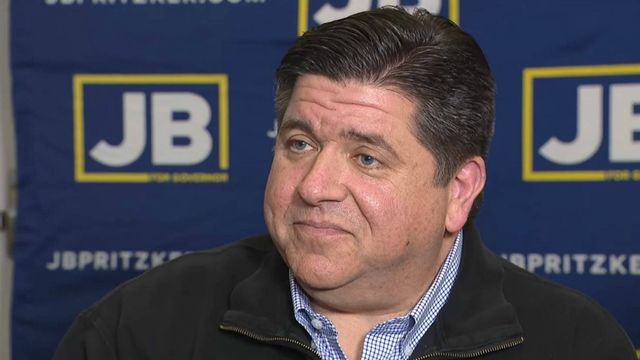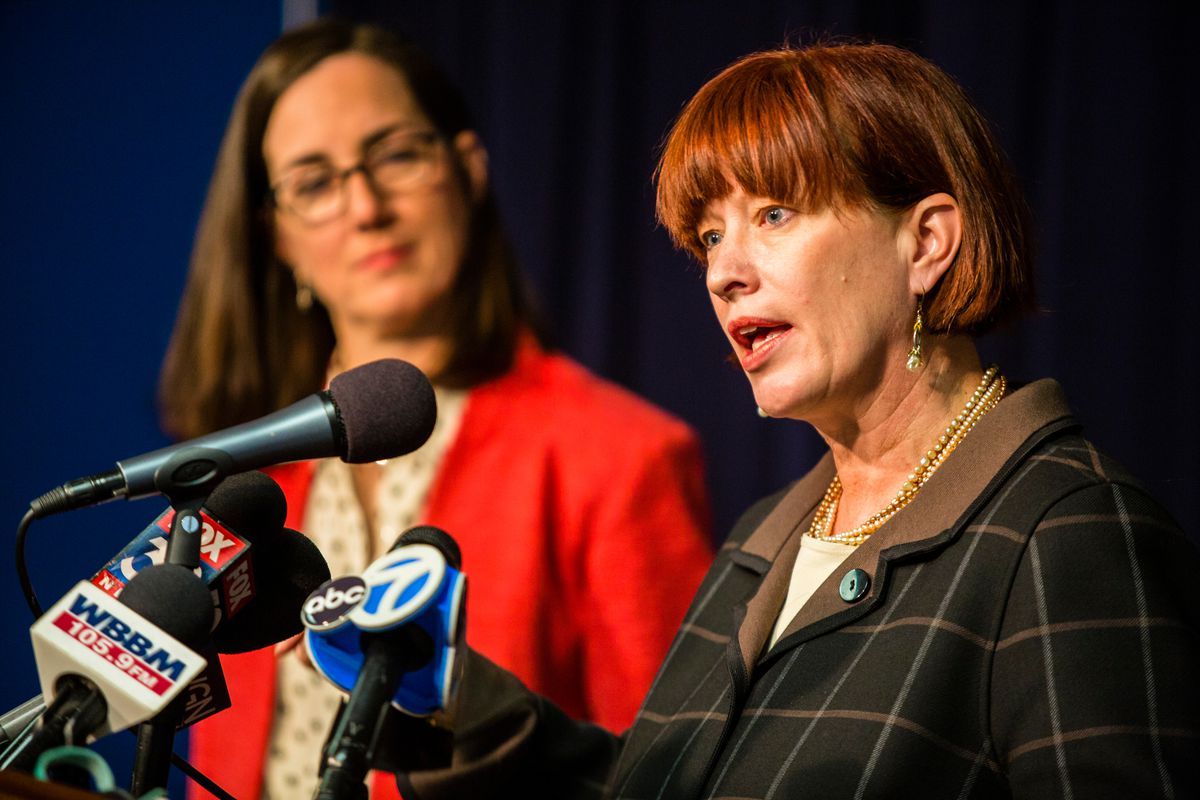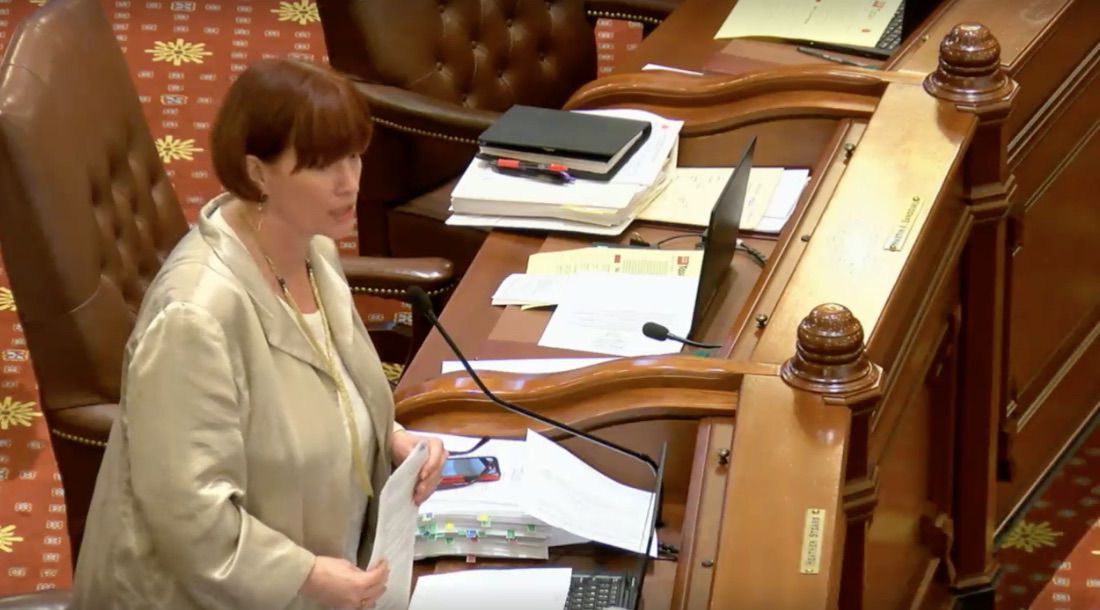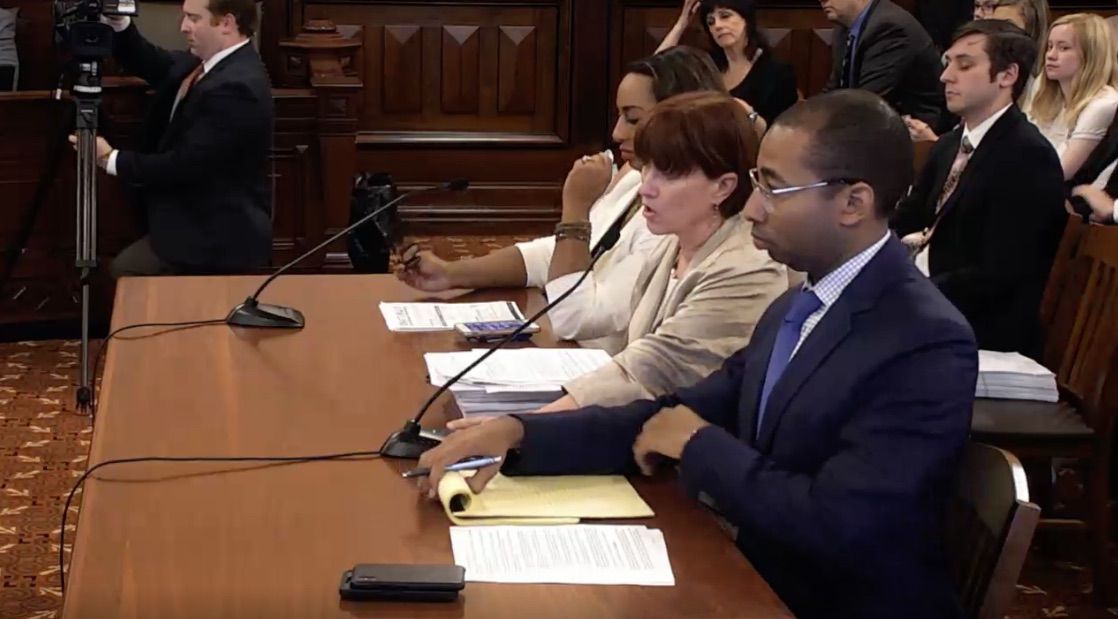Baron23
Well-Known Member
US News
Pro-marijuana legalization Dem J.B. Pritzker wins primary for Illinois governor’s race
By Sara Burnett and John O'Connor, Associated Press
CHICAGO — The race for Illinois governor will be a battle between two deep-pocketed candidates who’ve already sunk more than $120 million of their own money into the contest, putting it on pace to become the costliest such campaign in U.S. history.
Republican Gov. Bruce Rauner, a wealthy former private equity investor, defeated conservative state Rep. Jeanne Ives on Tuesday for the GOP nomination.
“We are in a critical time, a critical turning point in Illinois,” Rauner told supporters. “I am humbled by this victory. You have given me a chance to win the battle against corruption that plagues Illinois.”
He will face Democratic billionaire J.B. Pritzker, an investor and heir to the Hyatt hotel fortune. Pritzker easily won the primary over Chris Kennedy, the son of the late Sen. Robert F. Kennedy; and Daniel Biss, 40, a state senator who campaigned as the “middle-class candidate.”
Pritzker, 53, already has spent more than $70 million to bankroll his campaign, while Rauner has put in about $50 million and has received millions more from his wealthy friends in the business community. Combined they’re expected to top California in 2010 as the nation’s most expensive governor’s race.
Related stories
“Tonight, we’ve taken the next step of beating Bruce Rauner and putting Illinois back on the side of working families,” he told a cheering crowd at his campaign party. “I will fight today, and tomorrow, and every day of this election and every day after to get our state back on track.”
Rauner, 61, took advantage of a national GOP wave four years ago to pull off a surprising victory in a state otherwise dominated by Democrats and win his first political office. Rauner’s personal wealth is just shy of $1 billion, but Pritzker — an investor and one of the heirs to the Hyatt hotel chain — is worth several times more.
Ives raised just $4 million — less than any of the other prominent candidates. Once dismissed by Rauner as a “fringe” candidate, she gave him a tougher-than-expected race, attacking the governor’s conservative credentials in edgy TV ads. One of them, which the chairman of the state GOP blasted as a “cowardly attempt to stoke political division,” portrays actors mockingly thanking Rauner for not doing enough to restrict illegal immigration, abortion and transgender bathroom rights.
In other races on the Illinois primary ballot, former Democratic Gov. Pat Quinn — whom Rauner ousted in 2014 — was locked in a tough competition with state Sen. Kwame Raoul for state attorney general. There also are numerous contested congressional primary races, including progressive candidate Marie Newman’s challenge to seven-term Democratic Rep. Dan Lipinski.
But none involved the kind of spending as seen in the governor’s race. Personal wealth solidified Rauner and Pritzker’s front-runner status but also made them frequent targets for opponent attacks. Even Kennedy spent $2 million of his own money on the race.
Biss, a Harvard-educated mathematician who gave up teaching to enter politics, set up a website to track what he says is a $171,000-a-day campaign by Pritzker. The Democratic front-runner has been advertising on television from nearly the moment he announced his candidacy 11 months ago.
Pritzker’s opponents also have attacked his connections with overseas trusts in low-tax countries, though he maintains they’re focused on charitable giving and that he has no control over them. In response, Biss has called him a “fraud” while Kennedy labeled him a “liar.”
But far more damaging were ads that Rauner ran against Pritzker after wiretap audio surfaced of him talking with former Gov. Rod Blagojevich. The ads included a 30-minute infomercial-style ad with the full FBI recordings.
Rauner took on Pritzker again when more tapes surfaced from the Chicago Tribune. They revealed Pritzker describing Secretary of State Jesse White — a Pritzker backer — as the “least offensive” black officeholder to be considered for the Senate seat vacated by then-President-elect Barack Obama. Pritzker has apologized, and White continues to back him.
Although Biss has built his campaign around claiming to be the “middle-class candidate,” he has faced criticism as the architect of a plan to cut the roughly $100 billion gap in pension funding for the cash-strapped state by reducing some of the promised retirement benefits. Although he says he has learned his lesson and won’t support it again, Pritzker has repeatedly criticized his change of heart.
Biss and Kennedy have teamed up against Pritzker for his silence on whether Michael Madigan, the longest-serving state House speaker in modern U.S. history, should step aside because of criticism about how he handled sexual harassment complaints by campaign workers against two of his political aides.
Rauner also has invoked Madigan in his ads against Ives, calling her “Mike Madigan’s favorite Republican and Illinois’ worst nightmare.”
Rauner rolled to victory in 2014 with a promise to “shake up” Springfield with a pro-business, anti-union agenda including lower property taxes and term limits on officeholders. But his ongoing spat with Madigan and other legislative Democrats left the state without a budget for two years while billions of dollars of debt piled up.
Pro-marijuana legalization Dem J.B. Pritzker wins primary for Illinois governor’s race
By Sara Burnett and John O'Connor, Associated Press
CHICAGO — The race for Illinois governor will be a battle between two deep-pocketed candidates who’ve already sunk more than $120 million of their own money into the contest, putting it on pace to become the costliest such campaign in U.S. history.
Republican Gov. Bruce Rauner, a wealthy former private equity investor, defeated conservative state Rep. Jeanne Ives on Tuesday for the GOP nomination.
“We are in a critical time, a critical turning point in Illinois,” Rauner told supporters. “I am humbled by this victory. You have given me a chance to win the battle against corruption that plagues Illinois.”
He will face Democratic billionaire J.B. Pritzker, an investor and heir to the Hyatt hotel fortune. Pritzker easily won the primary over Chris Kennedy, the son of the late Sen. Robert F. Kennedy; and Daniel Biss, 40, a state senator who campaigned as the “middle-class candidate.”
Pritzker, 53, already has spent more than $70 million to bankroll his campaign, while Rauner has put in about $50 million and has received millions more from his wealthy friends in the business community. Combined they’re expected to top California in 2010 as the nation’s most expensive governor’s race.
Related stories
- Chicago voters back recreational marijuana referendum
- Where do Illinois governor candidates stand on marijuana?
- Illinois voters may be able to voice opinion on marijuana legalization under legislative proposal
- Chicago high school considers stiffer anti-vaping discipline, adding vapor detectors to bathrooms
- More teens sneaking vaping devices into suburban Chicago high schools
“Tonight, we’ve taken the next step of beating Bruce Rauner and putting Illinois back on the side of working families,” he told a cheering crowd at his campaign party. “I will fight today, and tomorrow, and every day of this election and every day after to get our state back on track.”
Rauner, 61, took advantage of a national GOP wave four years ago to pull off a surprising victory in a state otherwise dominated by Democrats and win his first political office. Rauner’s personal wealth is just shy of $1 billion, but Pritzker — an investor and one of the heirs to the Hyatt hotel chain — is worth several times more.
Ives raised just $4 million — less than any of the other prominent candidates. Once dismissed by Rauner as a “fringe” candidate, she gave him a tougher-than-expected race, attacking the governor’s conservative credentials in edgy TV ads. One of them, which the chairman of the state GOP blasted as a “cowardly attempt to stoke political division,” portrays actors mockingly thanking Rauner for not doing enough to restrict illegal immigration, abortion and transgender bathroom rights.
In other races on the Illinois primary ballot, former Democratic Gov. Pat Quinn — whom Rauner ousted in 2014 — was locked in a tough competition with state Sen. Kwame Raoul for state attorney general. There also are numerous contested congressional primary races, including progressive candidate Marie Newman’s challenge to seven-term Democratic Rep. Dan Lipinski.
But none involved the kind of spending as seen in the governor’s race. Personal wealth solidified Rauner and Pritzker’s front-runner status but also made them frequent targets for opponent attacks. Even Kennedy spent $2 million of his own money on the race.
Biss, a Harvard-educated mathematician who gave up teaching to enter politics, set up a website to track what he says is a $171,000-a-day campaign by Pritzker. The Democratic front-runner has been advertising on television from nearly the moment he announced his candidacy 11 months ago.
Pritzker’s opponents also have attacked his connections with overseas trusts in low-tax countries, though he maintains they’re focused on charitable giving and that he has no control over them. In response, Biss has called him a “fraud” while Kennedy labeled him a “liar.”
But far more damaging were ads that Rauner ran against Pritzker after wiretap audio surfaced of him talking with former Gov. Rod Blagojevich. The ads included a 30-minute infomercial-style ad with the full FBI recordings.
Rauner took on Pritzker again when more tapes surfaced from the Chicago Tribune. They revealed Pritzker describing Secretary of State Jesse White — a Pritzker backer — as the “least offensive” black officeholder to be considered for the Senate seat vacated by then-President-elect Barack Obama. Pritzker has apologized, and White continues to back him.
Although Biss has built his campaign around claiming to be the “middle-class candidate,” he has faced criticism as the architect of a plan to cut the roughly $100 billion gap in pension funding for the cash-strapped state by reducing some of the promised retirement benefits. Although he says he has learned his lesson and won’t support it again, Pritzker has repeatedly criticized his change of heart.
Biss and Kennedy have teamed up against Pritzker for his silence on whether Michael Madigan, the longest-serving state House speaker in modern U.S. history, should step aside because of criticism about how he handled sexual harassment complaints by campaign workers against two of his political aides.
Rauner also has invoked Madigan in his ads against Ives, calling her “Mike Madigan’s favorite Republican and Illinois’ worst nightmare.”
Rauner rolled to victory in 2014 with a promise to “shake up” Springfield with a pro-business, anti-union agenda including lower property taxes and term limits on officeholders. But his ongoing spat with Madigan and other legislative Democrats left the state without a budget for two years while billions of dollars of debt piled up.






